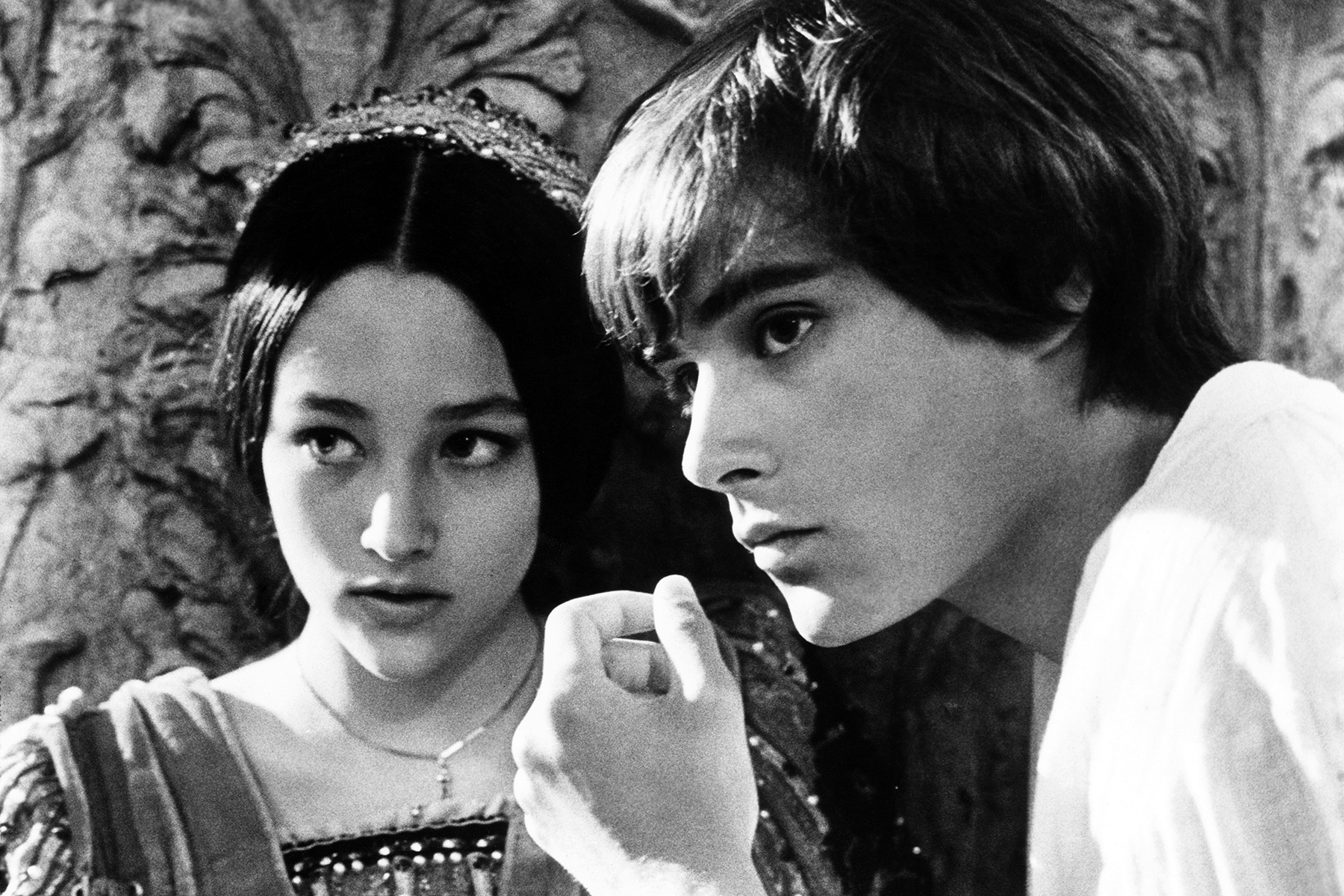A second lawsuit filed by the stars of Franco Zeffirelli’s 1968 adaptation of Romeo and Juliet was dismissed in a California courtroom Monday after a judge said she found no difference between a Criterion re-release of the film issued on Blu-ray in 2023 and older versions of the movie that were the subject of a prior lawsuit tossed out last year.
In her new ruling that the latest claims “lack merit,” Los Angeles County Superior Court Judge Holly J. Fujie rejected the assertion from actors Olivia Hussey and Leonard Whiting that the 2023 re-release was digitally enhanced in such high definition that it turned the famous “bedroom scene” filmed when Hussey was 16 and Whiting was 17 into a new misappropriation of their likeness not covered by the former lawsuit’s dismissal. The scene in question depicts Whiting and Hussey, in character as Romeo and Juliet, lying in bed together, speaking several lines and kissing. Whiting’s bare buttocks and Hussey’s bare breasts, including her nipples and areolas, are briefly visible.
In a declaration to the court signed in July, Hussey said she considered the scene “sexual abuse of minors” and “child pornography.” She also said she believed Paramount “engineered” the Blu-ray release “to embarrass [her] in retaliation” for her participation in the prior lawsuit.
“Plaintiffs’ attempt to distinguish the 2023 release from the prior releases holds no water,” Judge Fujie wrote in her Monday ruling. “A comparison of the 2023 release with the prior versions shows no significant visible improvement in the film, particularly in the bedroom scene, to the naked eye. The lack of noticeable distinction defeats plaintiffs’ assertion.”
In her July declaration to the court, Hussey claimed that she never consented to be filmed in the nude during filming of the movie in Italy more than 50 years ago and that it was only after Zeffirelli yelled “cut” that she was recorded in a state of undress while participating in “frivolity” with Whiting that was meant to “relieve the tension of filming the scene.” She alleges she later gave Zeffirelli permission to use images from the “post-performance frivolity” because she considered him an “artistic genius.” She says that permission did not extend to defendants Paramount Pictures, Criterion Collections and Janus Films after Zeffirelli’s death in June 2019.
“When I subsequently confirmed [the 2023 Blu-ray release] and that the release had been enhanced in a way to make those photographs appear to be of lewd and lascivious conduct, rather than an intimate love scene, I became furious and horrendously embarrassed,” Hussey wrote in her sworn declaration. “I knew that Franco Zeffirelli had passed away – much to my deep distress, given my close relationship with him over the years – in mid 2019, so he could not have given his imprimatur to the release of those photographs with the remake of his masterpiece.”
In their successful motion to strike the latest lawsuit, lawyers for Paramount, Criterion and Janus called it “patently absurd” that Hussey claims the bedroom scene included in the film was largely captured after Zeffirelli yelled “cut.” “The scene in question shows the two actors performing for the cameras while reciting word-for-word Shakespeare’s immortal text that accompanied the scene,” the lawyers wrote. They also attacked the theory that the Criterion release exceeded the resolution of prior iterations of the film, calling that claim “simply wrong.”
“The Criterion release is, in reality, a lower picture quality of the film than the 1968 theatrical release; a lower resolution than the digitally-restored 4K film that plaintiffs watched and applauded at a public film festival in 2016; and the same resolution as the film that has been in wide television and digital distribution since 2007 or earlier,” the lawyers wrote. “None of plaintiffs’ sham efforts to re-write what happened on the set in 1967, or how they have comported themselves since, saves this lawsuit from the fate of the prior action.”
Asked about that assertion after the hearing, Hussey’s lawyer William Romaine told Rolling Stone that his client was more concerned with alleged manipulation of the original film. “If you look at the original, the photography of her breasts is quite specific and clear. In the Criterion release, the way they did the lighting, it’s doctored, it’s startling, like someone is shining a spotlight right on her nipple, like someone is really trying to emphasize her breast. When she saw that, she felt it was really offensive. She felt that it made the whole film appear lewd. She felt that if Zeffirelli were alive, he never would have allowed that.” Romaine said he planned to recommend that his clients appeal the dismissal. “We do believe the court got it wrong,” he said.
It was a different judge who issued the ruling in May 2023 that dismissed the first lawsuit brought by Hussey and Whiting in 2022. The actors’ challenge to that ruling was dismissed by the Court of Appeals on April 15, 2024.
“Plaintiffs have not put forth any authority showing the film here can be deemed to be sufficiently sexually suggestive as a matter of law to be held to be conclusively illegal,” the prior judge, Los Angeles County Superior Court Judge Alison MacKenzie, wrote in her decision rejecting the first lawsuit last year. “Plaintiffs’ argument on the subject is limited to cherry-picked language from federal and state statutes without offering any authority regarding the interpretation or application of those statutory provisions to purported works of artistic merit, such as the award-winning film at issue here.”
In her ruling, Mackenzie quoted from an appeals court precedent that said child pornography is “particularly repulsive,” but “not all images of nude children are pornographic.”
Lawyers for Paramount had no comment after the ruling on Monday.





